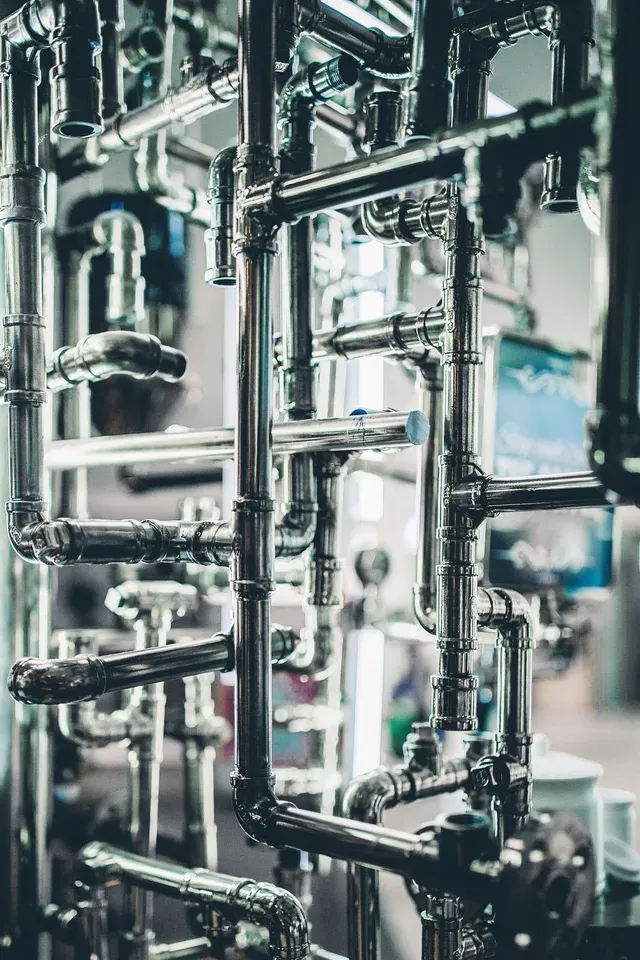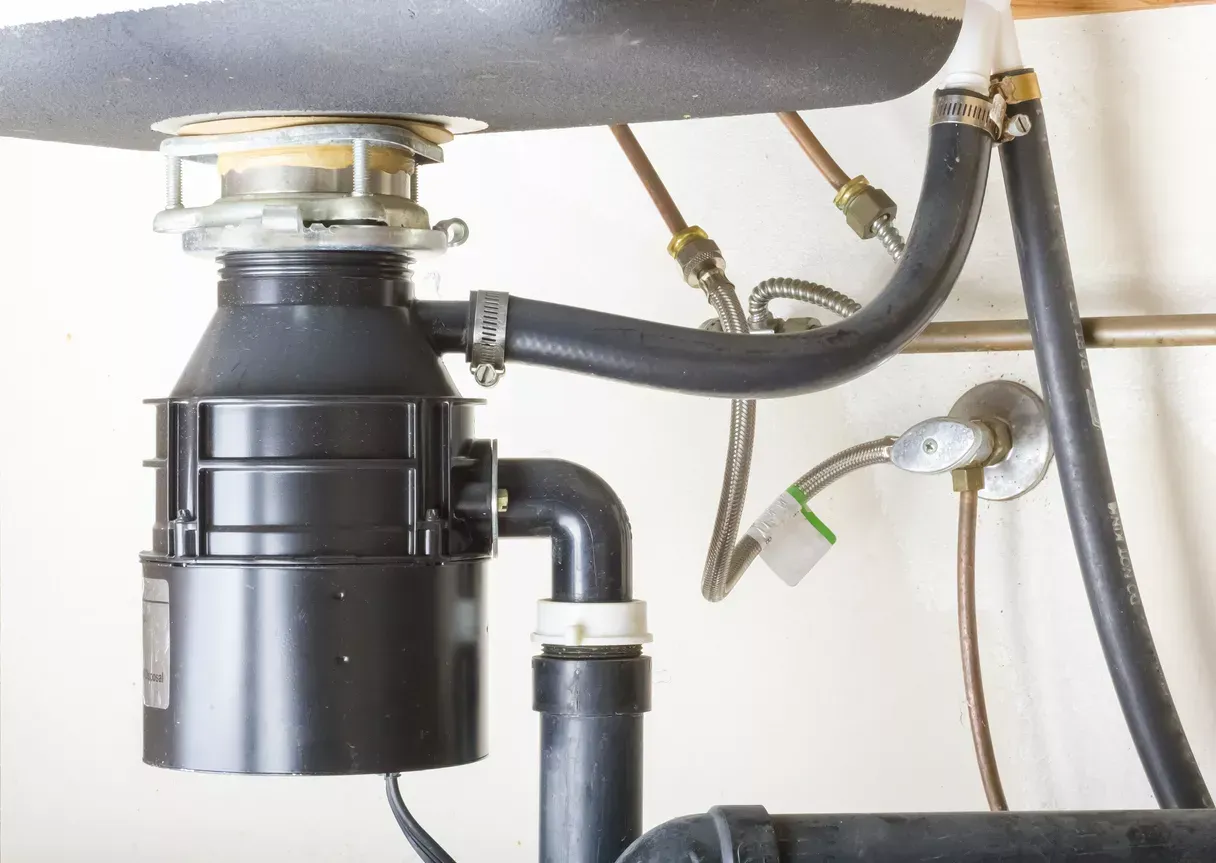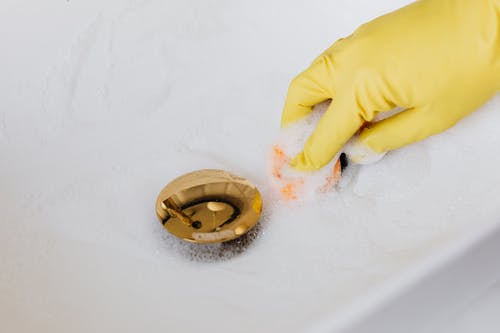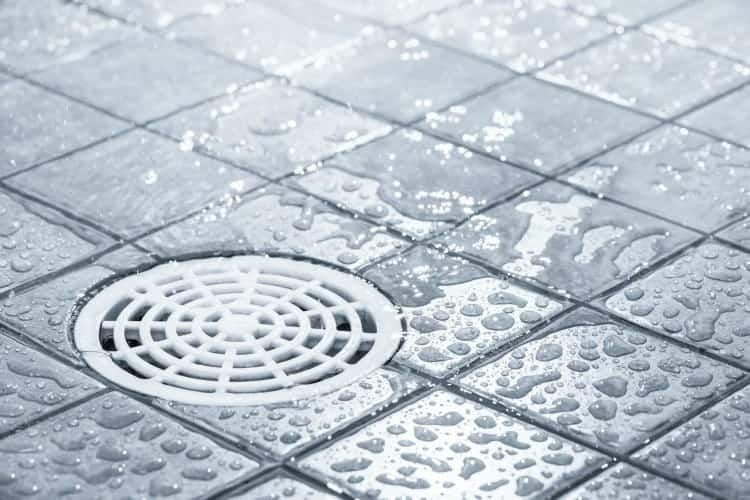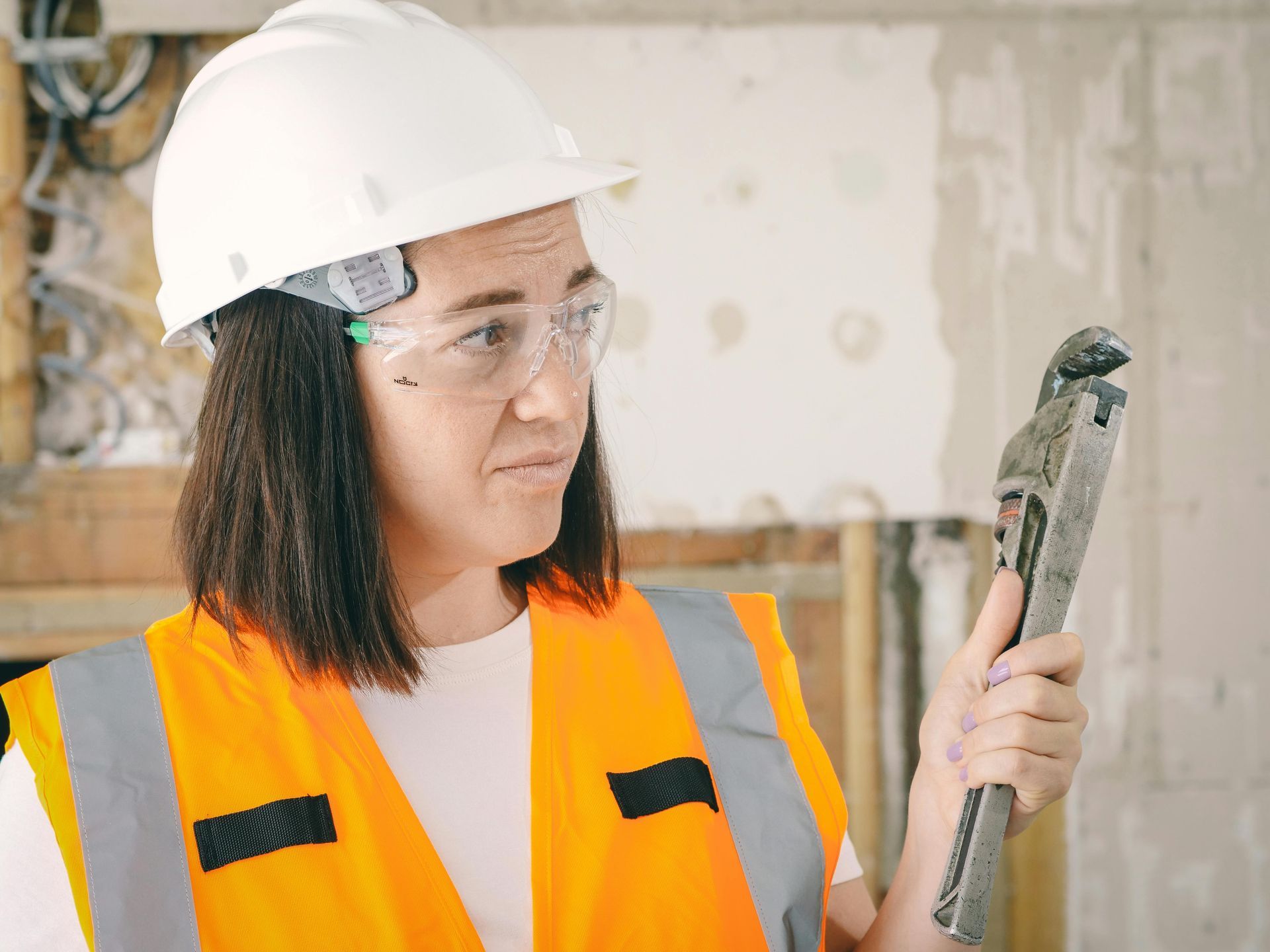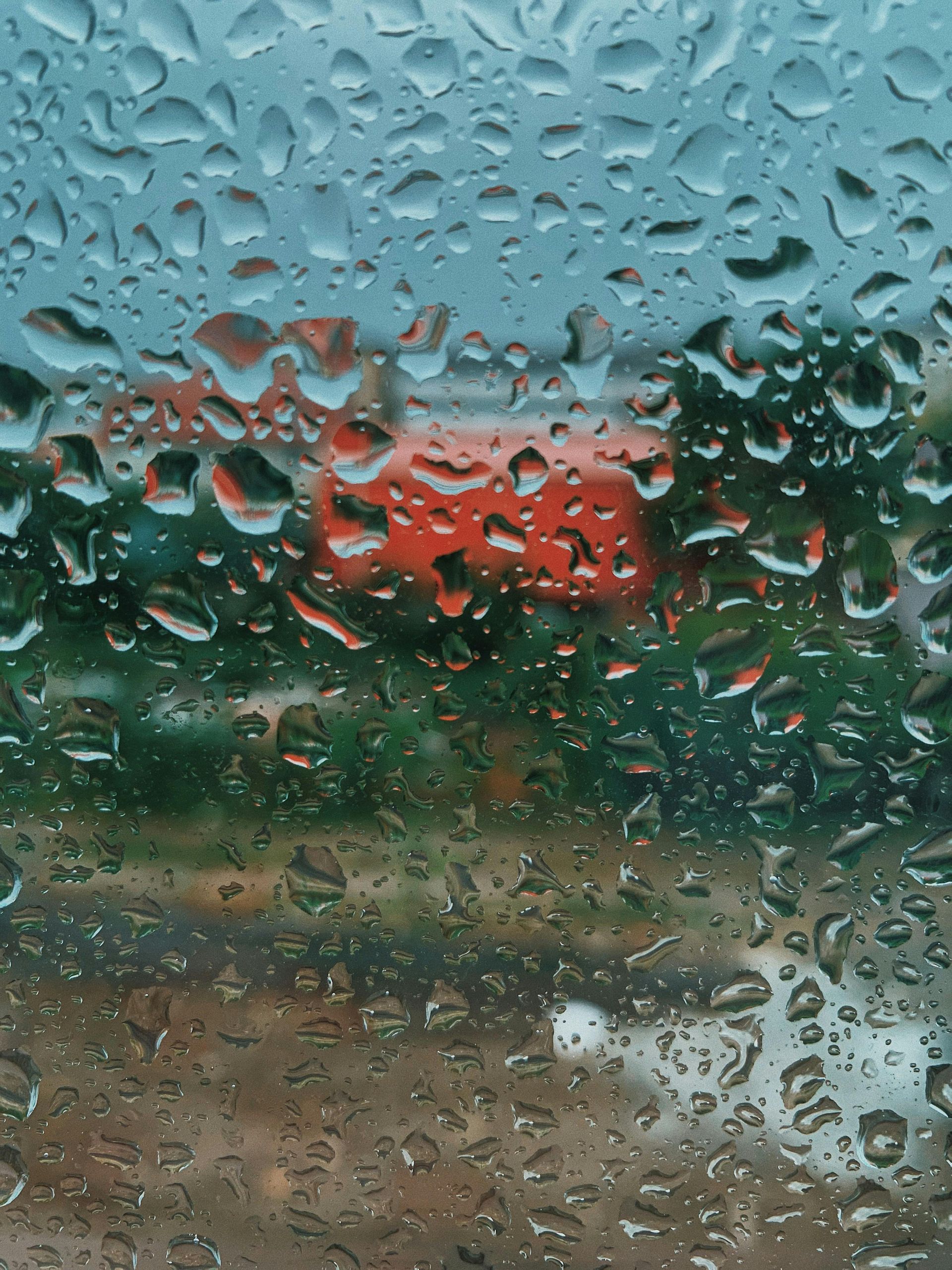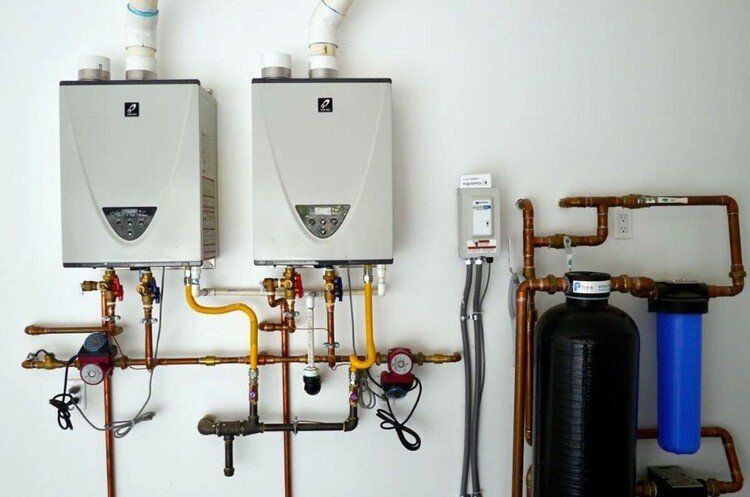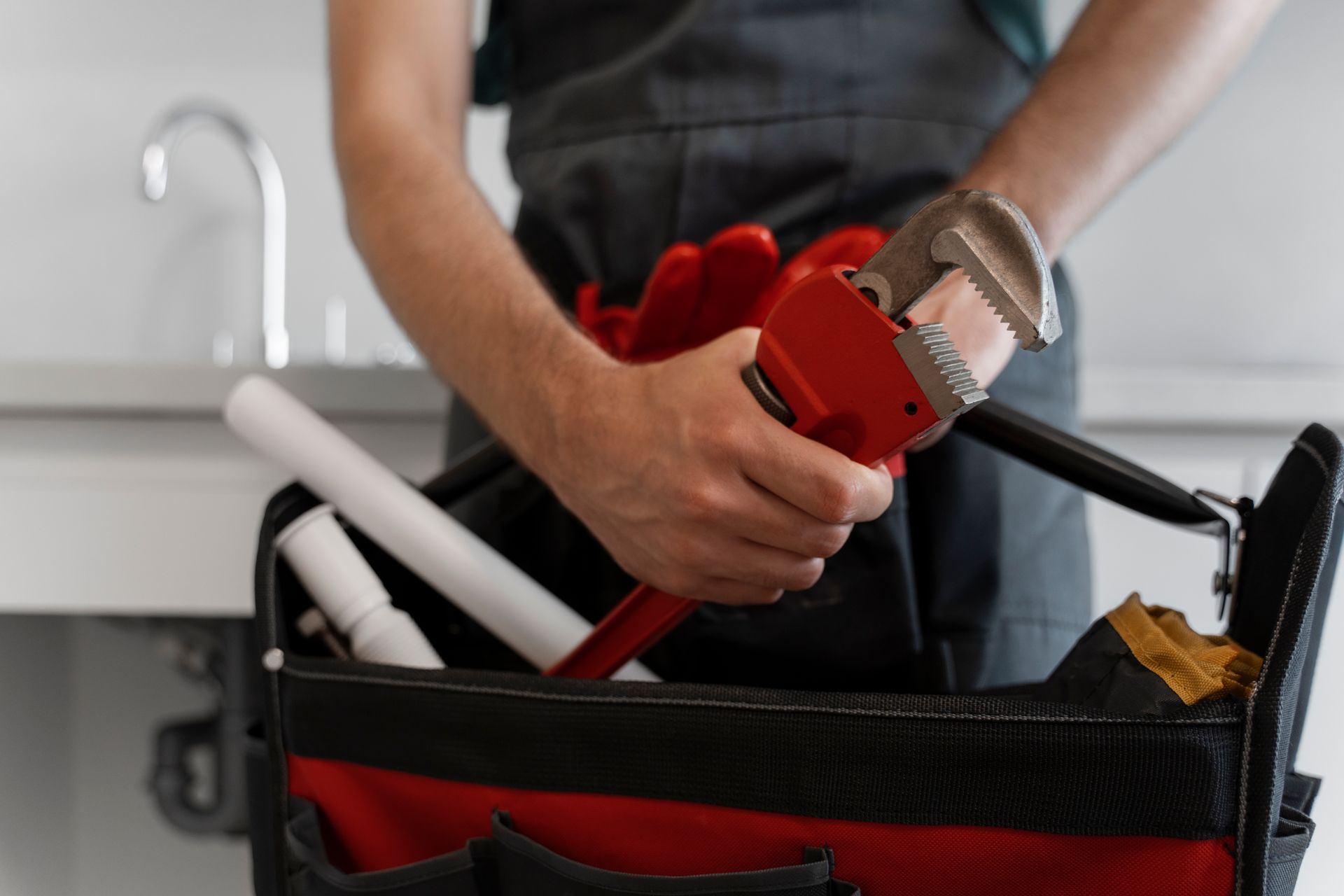Plumbing 101: Should You Get Air Vacuum or Hydro Excavation?
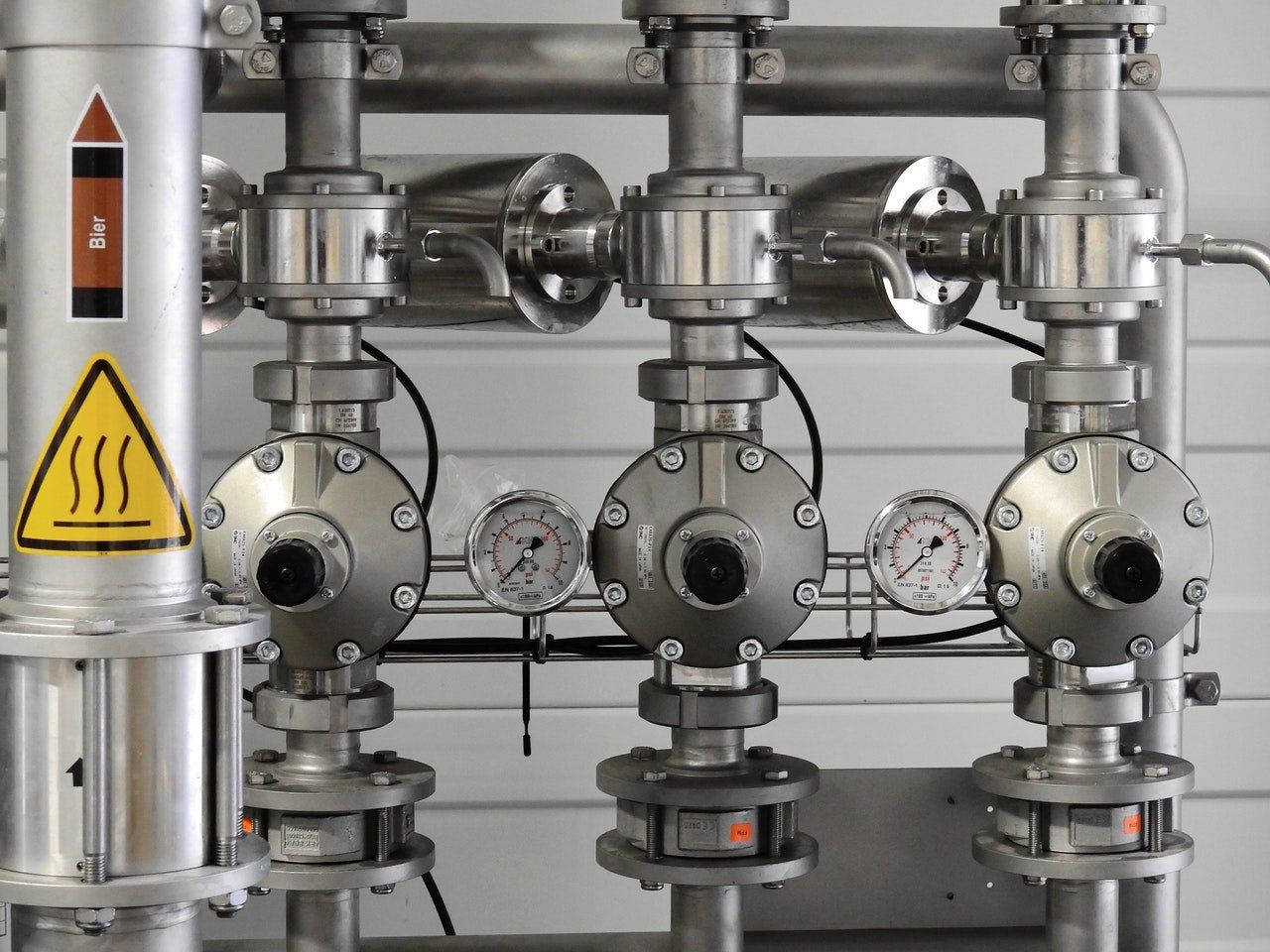
Digging up sewer lines is necessary to perform major repairs and pipe replacements. It’s for plumbing issues that can’t be treated through surface-level treatments. Since a property’s pipes can be hidden deep underground, plumbers need to choose the right excavation method without damaging its integrity. This is because their choice of hydro or air vacuum excavation can strongly impact the surrounding area and pipelines.
Finding the Right Excavating Method
Both hydro and air vacuum excavations utilize strong pressure jets to break soil and suck the broken-down debris. This digging method has a wide range of purposes beyond plumbing repairs in various construction applications. It minimizes the risk of injury while safely navigating around different utilities like electric and gas lines.
Since there’s no clear better choice between the two, plumbers need to assess certain variables to help them make the right excavation method. They must assess different environmental factors while also determining the plumbing treatment’s objective.
When choosing between the two, you must review these three variables:
1. Soil Conditions
Every location will vary, not just on the building’s plumbing structures but also on the area’s soil conditions. Ideally, hydro excavation is better at breaking wet or rocky soil. It’s also effective during colder climates to break frozen ground and permafrost.
On the other hand, air vacuum is better to inflict minimal damage to surrounding tree roots, utility lines, and other sensitive infrastructure. Additionally, air excavation doesn’t demand wet hauling material or dry soil. For this reason, it’s the preferred option for urban settings.
2. Post-Excavation Process
Plumbers need to weigh the work they have to do after completing a plumbing job. After making the necessary replacements and treatments to your plumbing lines, they need to do a considerable job cleaning up the mess, which becomes an issue if they opt for hydro vacuuming. Since water makes sites messier, it adds more volume to swage material removed.
In contrast, pneumatic digging is easier since the excavated soil is reusable to fill the hole. It effectively eliminates additional trips to dump slurry or backfill after digging around the site. However, it’s important to note that hydro excavation limits wear and tear on plumbing equipment since using water acts as a natural lubricant.
3. Limited Resources
Since every job is different, plumbers need to assess accessible resources for their assignments. This includes the limitation of water in the area. Through vacuum excavation, there’s no need to receive a constant supply of water. It’s also a generally cheaper option for homeowners when computing their plumber’s quote.
Besides the limitation on water resources, plumbers also need to check their team’s availability. Since hydro excavation requires several additional pieces of equipment, there’s an added importance on having more plumbers present to operate them. In contrast, vacuum excavation uses fewer tools, vehicles, and plumbers to execute.
Conclusion
Plumbing work can get messy, but it’s a lot more about precision than anything else. Even the simple choice between air and hydro vacuum excavation will drastically impact a plumbing job. For this reason, it’s beneficial to work with a reliable plumber. Having a go-to plumber for your home will help them become familiar with your plumbing fixture’s layout and address problems more efficiently.
Plumbers need to make the right choices to give your home the effective treatments and repairs it needs. At All City Plumbers, our plumbing experts can make the right call regarding your excavation needs. If you need professional sewage & drain cleaning services in Birmingham, AL, contact us today.

